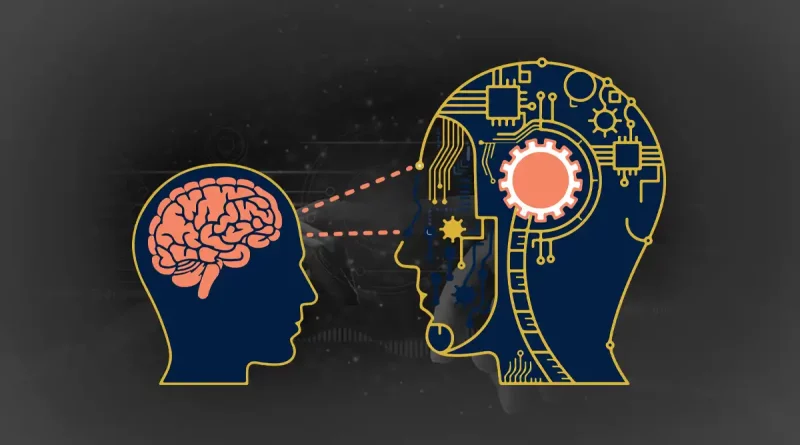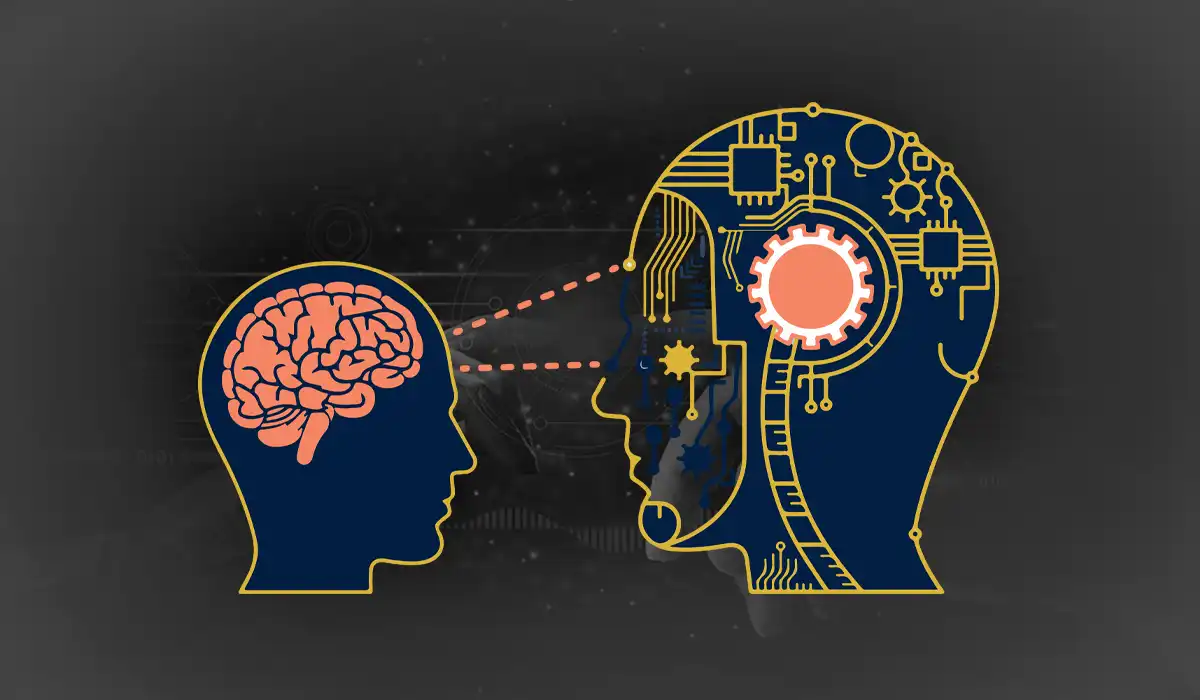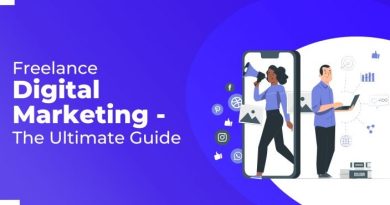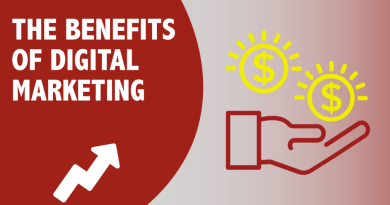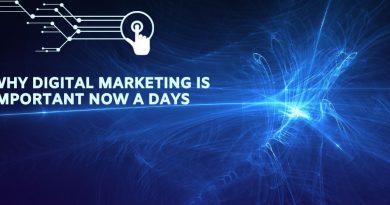Artificial Intelligence in Digital Marketing: A Collaboration, Not a Replacement
In the ever-evolving world of technology, artificial intelligence (AI) has emerged as a transformative force, automating tasks, analyzing data, and making predictions with unprecedented accuracy. With its ability to process vast amounts of information and identify patterns, AI is poised to revolutionize the digital marketing landscape. But does that mean AI will replace digital marketers altogether? The answer is a resounding no.
Rather than replacing digital marketers, AI is poised to become their most powerful ally. AI will automate many of the time-consuming and repetitive tasks that currently occupy digital marketers, such as data analysis, ad targeting, and content creation. This will free up marketers to focus on more strategic and creative aspects of their jobs, such as developing brand narratives, building relationships with influencers, and crafting compelling customer experiences.
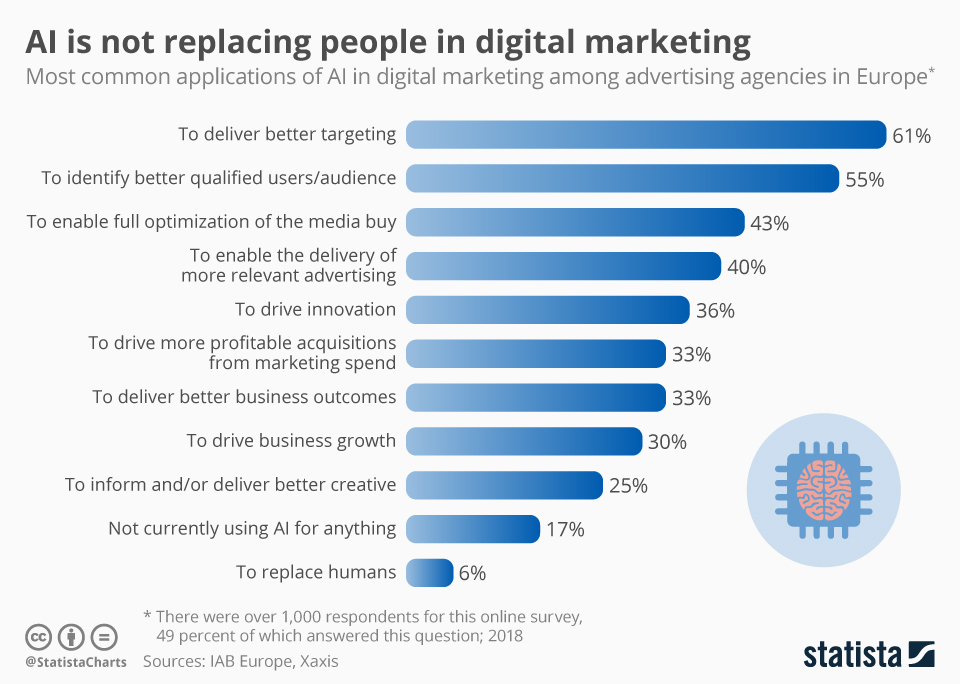
Here are some specific ways in which AI is enhancing the work of digital marketers:
1. Personalized Marketing at Scale:
AI can analyze vast amounts of customer data, including demographics, purchase history, online behavior, and social media interactions, to create highly personalized marketing campaigns. This allows marketers to deliver targeted messages, product recommendations, and offers to each customer based on their unique preferences, leading to increased engagement and conversion rates.
2. Predictive Analytics for Informed Decisions:
AI-powered predictive analytics can analyze historical data and current trends to identify patterns and predict future customer behavior. This allows marketers to anticipate customer needs, optimize campaign timing, and make informed decisions about product development and pricing strategies.
3. Automated Content Creation and Optimization:
AI can generate and optimize content for various channels, including blog posts, social media updates, and email marketing campaigns. It can also analyze search engine trends and audience preferences to ensure that content is relevant, engaging, and well-optimized for search engines.
4. Chatbots and Virtual Assistants for Enhanced Customer Service:
AI-powered chatbots and virtual assistants can provide 24/7 customer support, answering questions, resolving issues, and guiding customers through the purchase process. This not only improves customer satisfaction but also reduces the burden on human customer service representatives.
5. Automated Ad Bidding and Optimization:
AI can automate the bidding process for online advertising, analyzing real-time data to optimize ad placement, targeting, and spending. This ensures that ads are shown to the right people at the right time, maximizing the return on investment for advertising campaigns.
However, AI is not without its limitations. It lacks the creativity, empathy, and strategic thinking that human marketers possess. AI cannot understand the nuances of human behavior, the subtle cues that lead to customer loyalty, or the ability to adapt to unforeseen circumstances.
Therefore, the future of digital marketing lies in a harmonious collaboration between humans and AI. AI will automate tasks, provide insights, and optimize processes, while human marketers will focus on creativity, strategy, and customer relationships. This partnership will create a more powerful and effective approach to digital marketing, driving growth and achieving business goals.
In conclusion,
AI is not a threat to digital marketers; it’s an invaluable tool that will amplify their skills and enhance their ability to connect with audiences and achieve marketing success. By embracing AI and leveraging its capabilities, digital marketers can navigate the ever-changing landscape and build thriving brands in the digital age.
